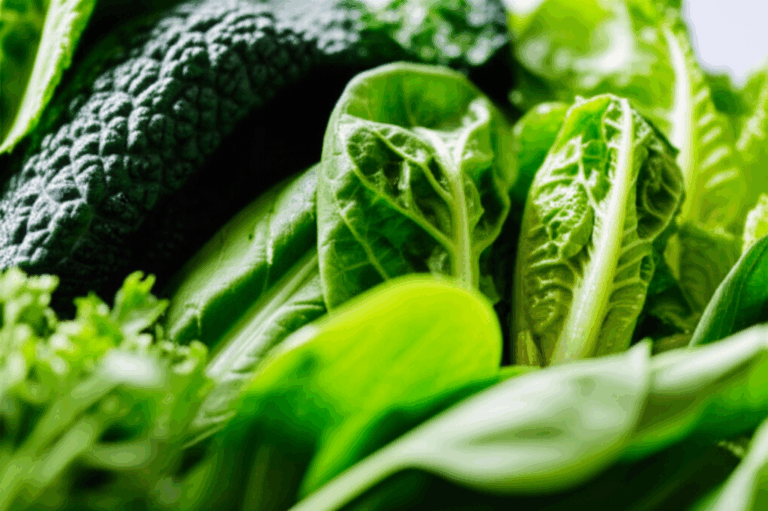In a world brimming with conflicting dietary advice and fleeting “superfood” trends, discerning what truly constitutes a healthy daily diet can feel overwhelming. As a nutritionist, I often guide my clients back to the basics: a selection of wholesome, nutrient-dense foods that consistently deliver profound health benefits. Incorporating these seven categories into your daily routine can simplify healthy eating, enhance well-being, and provide the foundational nutrition your body craves.
Eating a varied diet is crucial for obtaining a wide array of essential nutrients, including macronutrients like carbohydrates, fats, and proteins, as well as vital micronutrients such as vitamins, minerals, and antioxidants. This diversity supports gut health, immunity, heart health, and may even help prevent chronic conditions like heart disease, metabolic syndrome, and certain cancers.
Here are the seven healthy foods I consistently recommend my clients prioritize every single day:
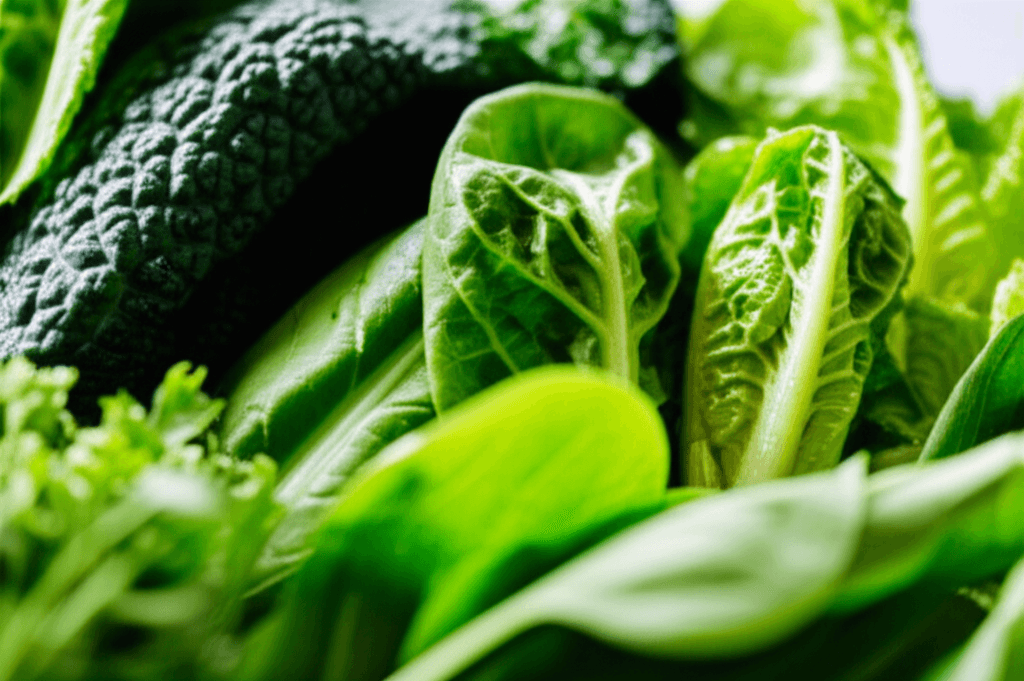
1. Leafy Green Vegetables: The Micronutrient Powerhouses
Leafy green vegetables are non-negotiables in any healthy diet. Staples like spinach, kale, Swiss chard, and collard greens are nutritional superstars, offering a concentrated dose of vitamins, minerals, and antioxidants with minimal calories. They are abundant in vitamins A, C, E, and K, as well as folate, and minerals like magnesium and potassium.
Why They’re Essential Daily
- Rich in Fiber: Leafy greens are excellent sources of dietary fiber, which is vital for digestive health, promoting regular bowel movements, and supporting a healthy gut microbiome. Fiber also helps you feel full, aiding in weight management.
- Powerful Antioxidants: The vibrant colors of leafy greens are indicative of their high antioxidant content, including carotenoids like lutein and zeaxanthin, which are beneficial for eye health. These compounds help combat oxidative stress and inflammation throughout the body, potentially reducing the risk of chronic diseases.
- Bone Health: Many leafy greens, particularly kale and spinach, are rich in Vitamin K, which plays a crucial role in bone metabolism and blood clotting.
- Immune Support: The vitamins and minerals found in leafy greens contribute to a robust immune system, helping your body ward off illness.
How to Incorporate Them
Add a handful to your morning smoothie, toss them into salads for lunch, sauté them as a side dish with dinner, or sneak them into soups, stews, and casseroles. Aim for at least 2-3 cups daily.
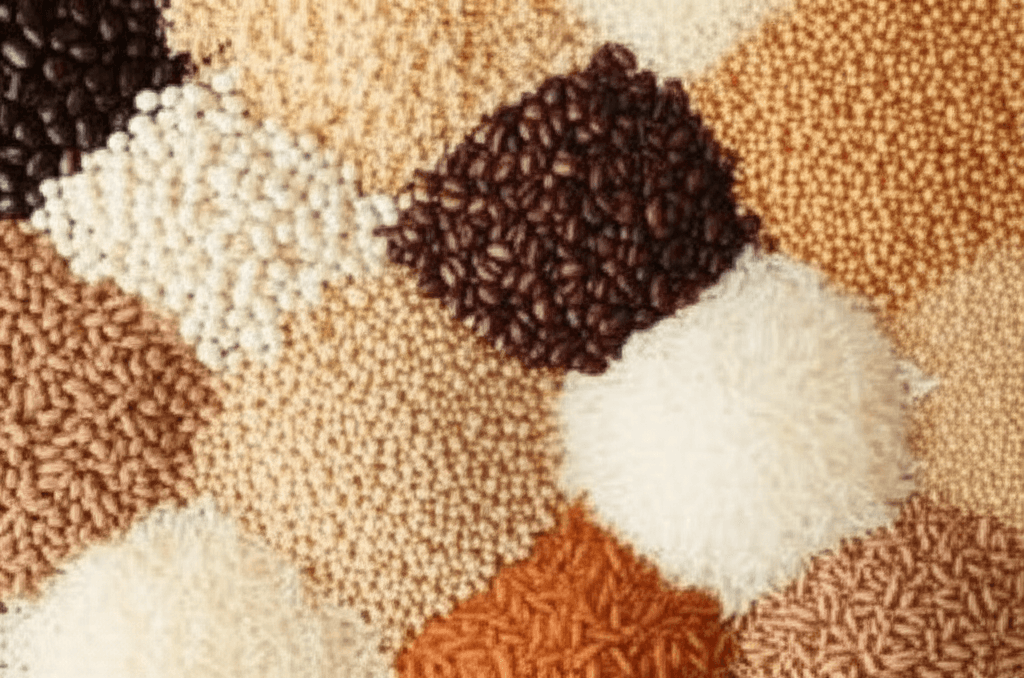
2. Whole Grains: Sustained Energy and Digestive Wellness
Move beyond refined white flours and embrace the goodness of whole grains. Foods like oats, quinoa, brown rice, whole-wheat bread, and whole-wheat pasta retain all parts of the grain kernel—the bran, germ, and endosperm—meaning they’re packed with fiber, B vitamins, iron, and magnesium.
Why They’re Essential Daily
- High Fiber Content: Whole grains are a cornerstone of digestive health due to their high fiber content. Fiber helps regulate digestion, prevents constipation, and feeds beneficial gut bacteria. Optimal colon function requires at least 25 grams of fiber daily.
- Stable Blood Sugar: The complex carbohydrates and fiber in whole grains lead to a slower, more sustained release of glucose into the bloodstream, preventing sharp spikes and crashes in blood sugar levels. This is crucial for energy regulation, mood stability, and preventing type 2 diabetes.
- Heart Health: A diet rich in dietary fiber, often found in whole grains, has been linked to lower levels of heart disease and can help lower cholesterol.
- Nutrient Density: Beyond fiber, whole grains offer essential B vitamins (B1, B2, B3, B5, B6), which are vital for energy production, and minerals like magnesium, iron, and selenium.
How to Incorporate Them
Start your day with oatmeal or whole-grain cereal. Choose whole-wheat bread for sandwiches and swap white rice for brown rice or quinoa with meals. Popcorn (air-popped) can also be a healthy whole-grain snack.
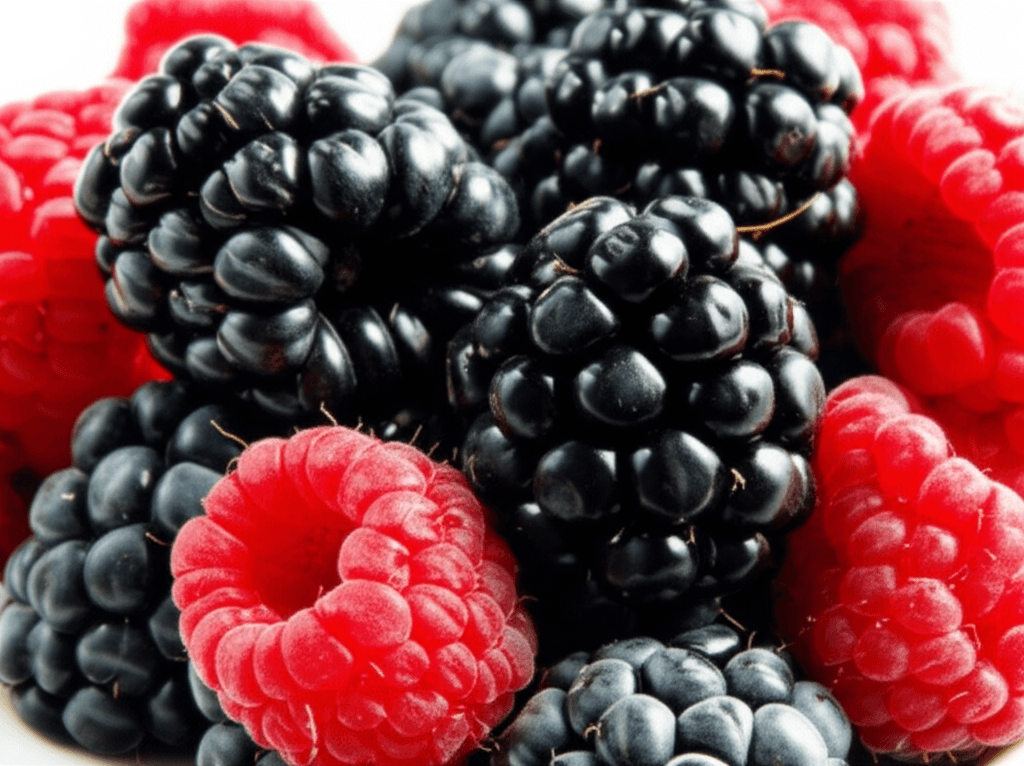
3. Berries: Antioxidant-Rich, Low-Fructose Fruits
From vibrant raspberries to plump blueberries and sweet strawberries, berries are small but mighty fruits. They are nutritional powerhouses, delivering an impressive array of vitamins, minerals, and phytonutrients.
Why They’re Essential Daily
- Antioxidant Superstars: Berries are celebrated for their high antioxidant content, especially anthocyanins, which give them their rich colors. These antioxidants protect your cells from damage, reduce inflammation, and may lower the risk of chronic diseases.
- Good Source of Fiber: Many berries, particularly raspberries, are exceptionally high in fiber. A cup of raspberries can provide 8 grams of fiber, contributing significantly to your daily needs.
- Vitamin C Boost: Berries are an excellent source of Vitamin C, a powerful antioxidant essential for immune function and skin health.
- Low Fructose Option: For individuals sensitive to fruit sugars, berries and citrus fruits contain less fructose, making them easier to tolerate and less likely to cause gas compared to high-fructose fruits like apples and pears.
How to Incorporate Them
Add berries to your breakfast cereal, yogurt, or smoothies. Enjoy them as a snack, or use them in healthy desserts. Aim for at least one cup daily.
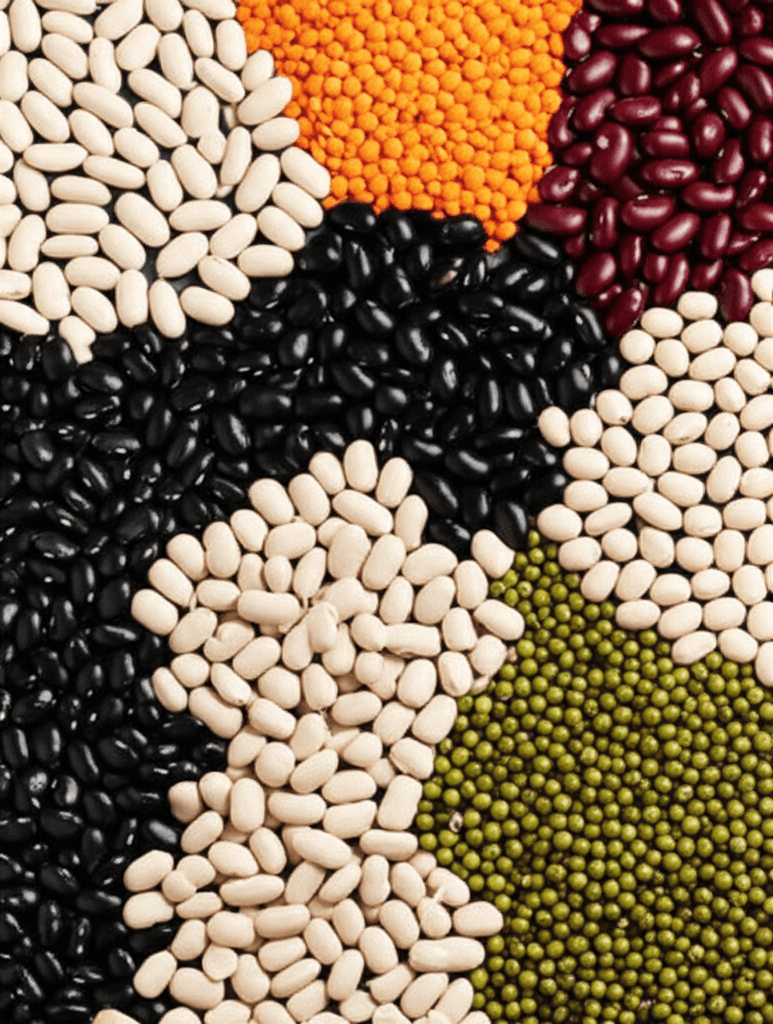
4. Legumes (Beans & Lentils): Plant-Based Protein and Fiber Powerhouses
Legumes, including beans (black, kidney, pinto, navy), lentils, chickpeas, and peas, are incredibly versatile and nutrient-dense additions to any diet. They are considered “nutritional powerhouses” by dietitians.
Why They’re Essential Daily
- High in Fiber and Protein: Legumes are exceptional sources of both soluble and insoluble fiber, as well as plant-based protein. This combination promotes satiety, helps with weight management, and is crucial for muscle repair and growth.
- Gut Health Allies: The fiber in legumes acts as a prebiotic, feeding the beneficial bacteria in your gut and contributing to a diverse and healthy microbiome. This supports better digestion and overall gut function.
- Rich in Vitamins and Minerals: Legumes provide a wealth of micronutrients, including folate, iron, magnesium, potassium, and zinc. Iron is vital for energy, while magnesium supports muscle and nerve function.
- Blood Sugar Regulation: Their high fiber and protein content helps stabilize blood sugar levels, making them an excellent food choice for managing diabetes and preventing insulin resistance.
How to Incorporate Them
Add beans to salads, soups, chili, and tacos. Lentils cook quickly and can be used in stews, curries, or as a meat substitute. Chickpeas make a great base for hummus or can be roasted for a crunchy snack. Aim for at least ½ to 1 cup daily.
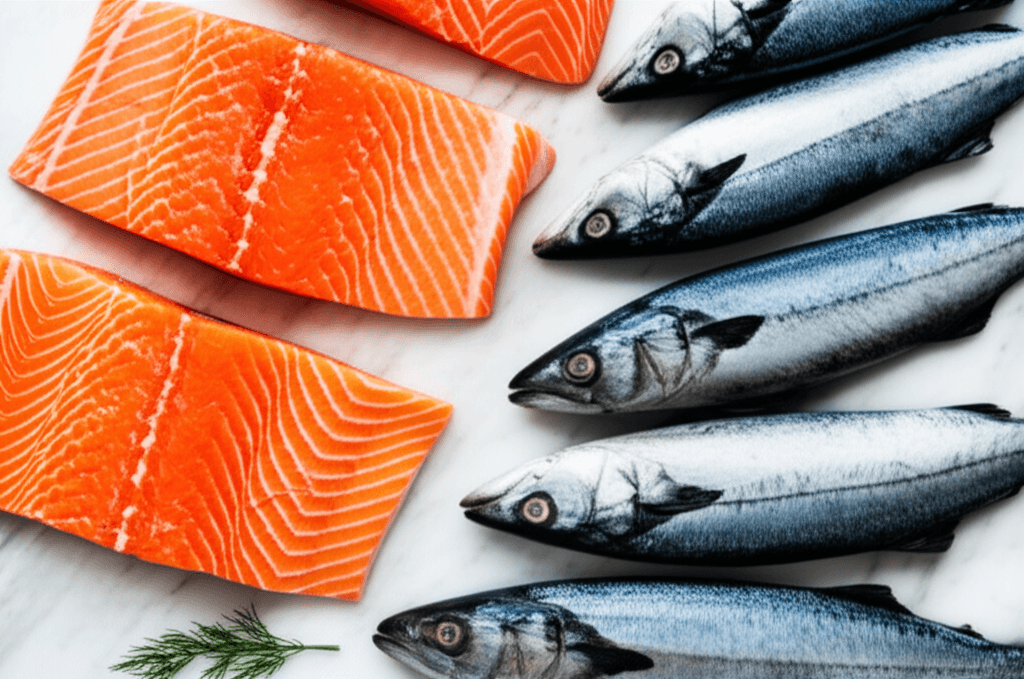
5. Fatty Fish: Essential Omega-3s for Brain and Heart
Oily fish like salmon, mackerel, sardines, and herring are celebrated for being rich sources of omega-3 fatty acids, specifically eicosapentaenoic acid (EPA) and docosahexaenoic acid (DHA). These are essential fats that the body cannot produce on its own and must be obtained through diet.
Why They’re Essential Daily (or several times a week)
- Heart Health Hero: Omega-3s are renowned for their powerful benefits for cardiovascular health. They help reduce triglyceride levels, lower blood pressure, decrease inflammation, and may reduce the risk of heart disease and stroke.
- Brain Function and Cognitive Health: EPA and DHA are critical components of cell membranes, particularly in the brain. They support optimal brain function, cognitive health, and may play a role in reducing the risk of Alzheimer’s disease and dementia.
- Anti-Inflammatory Properties: Chronic inflammation is linked to numerous diseases. Omega-3s have potent anti-inflammatory effects that can help manage conditions like arthritis.
- Vitamin D Source: Fatty fish are one of the few natural dietary sources of Vitamin D, which is essential for bone health, immune function, and mood regulation.
How to Incorporate Them
Aim for at least two 3-4 ounce servings of fatty fish per week. Baked, grilled, or poached are the healthiest preparation methods. Canned salmon or sardines are convenient and retain their nutritional value.
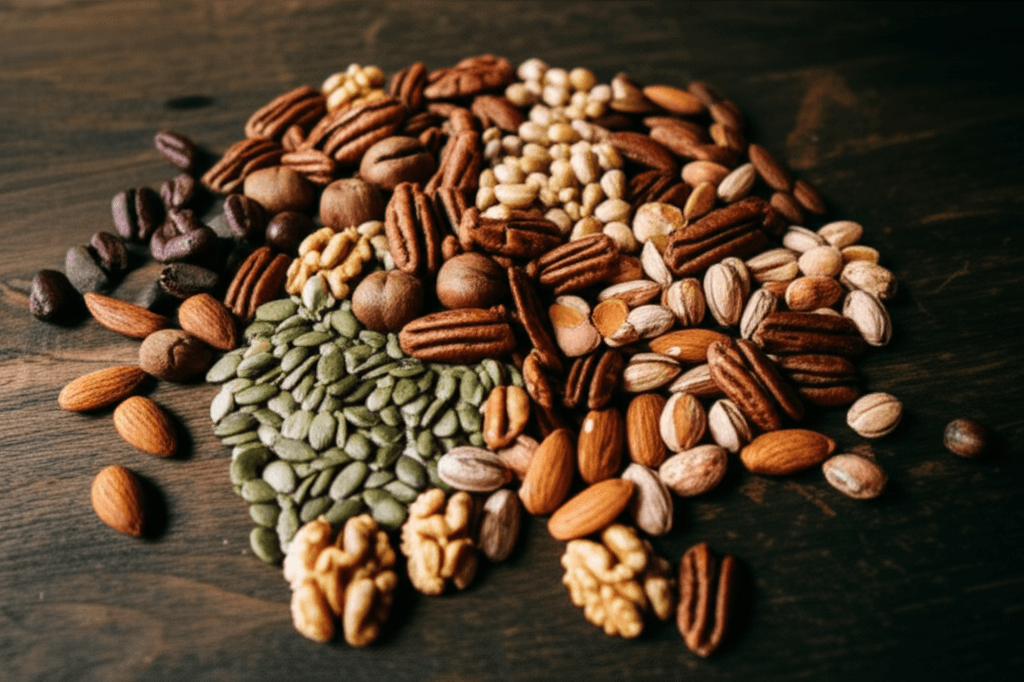
6. Nuts and Seeds: Healthy Fats, Fiber, and Minerals
Nuts (like almonds, walnuts, pecans) and seeds (chia, flax, pumpkin, sunflower) are small but incredibly nutrient-dense. They provide a powerful combination of healthy fats, protein, fiber, vitamins, and minerals.
Why They’re Essential Daily
- Healthy Fats (including Omega-3 ALA): Nuts and seeds are excellent sources of monounsaturated and polyunsaturated fats, including alpha-linolenic acid (ALA), a plant-based omega-3 fatty acid. These fats are crucial for heart health, reducing cholesterol, and providing sustained energy.
- Fiber for Digestion: Both nuts and seeds are rich in dietary fiber, supporting digestive regularity and gut health. Chia and flax seeds are particularly high in soluble fiber, which can help with satiety.
- Mineral Powerhouses: They are packed with essential minerals such as magnesium, zinc, selenium, copper, and phosphorus, all vital for various bodily functions, from bone health to immune response. For example, Brazil nuts are an exceptional source of selenium, and pumpkin seeds are high in magnesium.
- Plant-Based Protein: Nuts and seeds contribute significantly to daily protein intake, making them valuable for vegetarians, vegans, and anyone looking to boost protein.
How to Incorporate Them
Sprinkle nuts and seeds over oatmeal, yogurt, salads, or stir-fries. Enjoy a small handful as a snack (around ¼ cup for nuts to manage calories). Add flax or chia seeds to smoothies or baked goods. Opt for unsalted varieties.
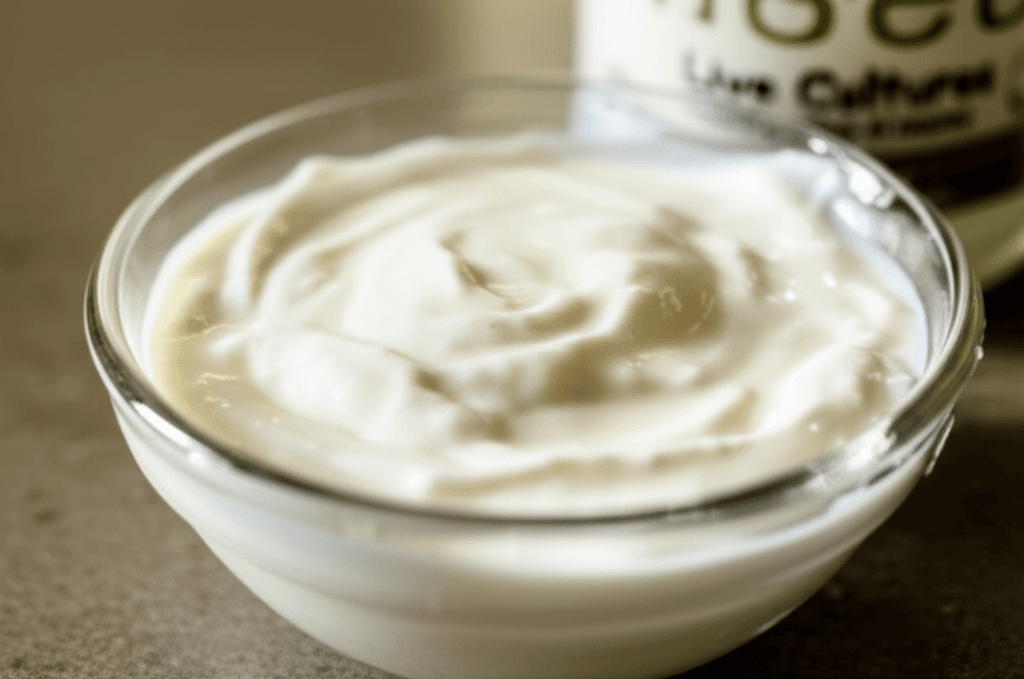
7. Fermented Foods (Yogurt/Kefir with Live Cultures): Bolstering Your Gut Microbiome
Fermented foods, especially plain yogurt and kefir with live and active cultures, are excellent sources of probiotics—beneficial bacteria that are crucial for a healthy gut. The gut microbiome plays a pivotal role in digestion, nutrient absorption, immune function, and even mood regulation.
Why They’re Essential Daily
- Probiotic Boost: Live and active cultures in yogurt and kefir introduce beneficial microorganisms to your digestive system, helping to balance the gut microbiome. This can improve digestion, reduce symptoms of irritable bowel syndrome (IBS), and enhance overall gut function.
- Immune System Support: A significant portion of your immune system resides in your gut. A healthy gut microbiome, supported by probiotics, contributes to a stronger immune response.
- Nutrient Absorption: A balanced gut can better absorb nutrients from your food, ensuring your body utilizes the vitamins and minerals you consume.
- Calcium and Protein Source: Plain yogurt and kefir are also good sources of protein and calcium, supporting bone health and satiety.
How to Incorporate Them
Choose plain, unsweetened yogurt or kefir to avoid added sugars. Enjoy it for breakfast with berries and a sprinkle of nuts/seeds, blend it into smoothies, or use it as a base for healthy dips and dressings. Aim for one serving daily.
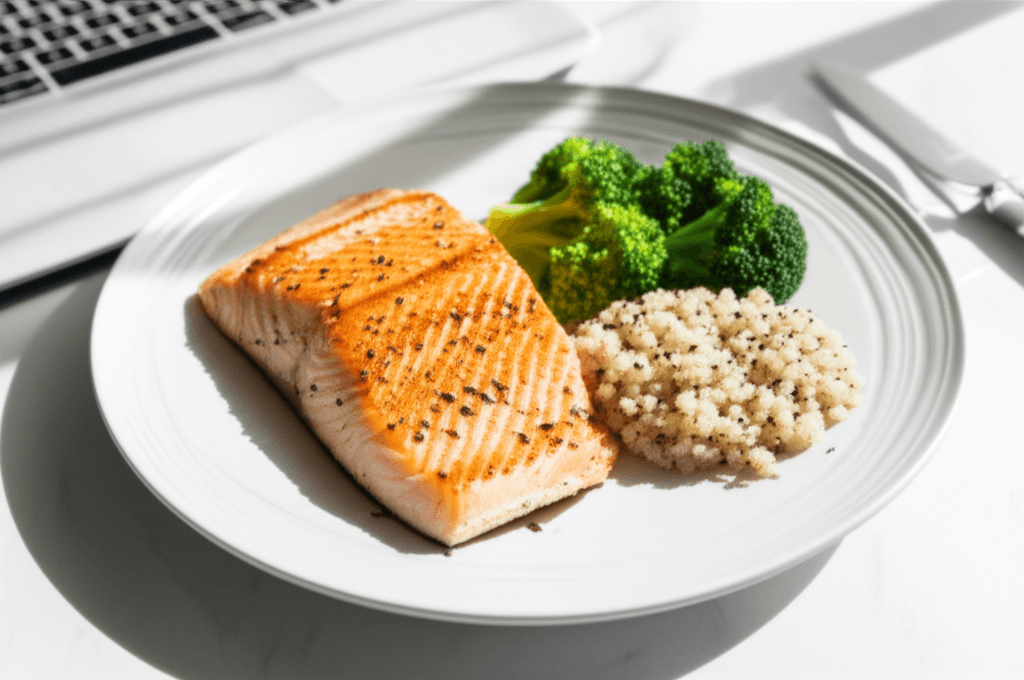
Building a Balanced Plate for Optimal Health
Incorporating these seven healthy food categories into your daily diet provides a comprehensive spectrum of nutrients, supporting everything from gut and heart health to brain function and energy levels. While these foods form an excellent foundation, remember that variety within each category is also key to obtaining a diverse range of micronutrients. “Eating the rainbow” of fruits and vegetables, rotating your whole grain choices, and varying your protein sources ensures you’re covering all your nutritional bases.
Making these foods a consistent part of your eating habits can lead to lasting health improvements, greater energy, and a stronger, more resilient body.




